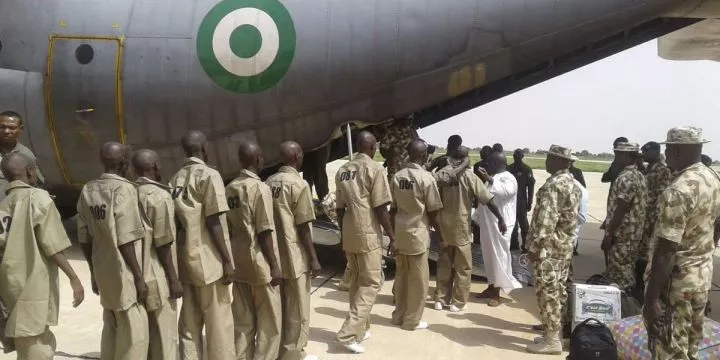
The Nigerian government has spent approximately ₦1.4 billion over the last 18 months on the rehabilitation of repentant terrorists and the establishment of terrorism trial centres.
Following the enactment of the Terrorism (Prevention and Prohibition) Bill, signed into law by former President Muhammadu Buhari on May 12, 2022, the National Counter-Terrorism Centre (NCTC) was created.
By December 2022, the government had announced plans to establish two centres for disarmament, deradicalization, rehabilitation, and reintegration of former Boko Haram members and other terrorists.
The Coordinator of the NCTC, Rear Admiral Yem Musa (retd.), disclosed to the House of Representatives Committee on National Security and Intelligence that ₦2.4 billion of the ₦3.8 billion budgeted for the centre's 2023 capital projects would be directed toward these facilities.
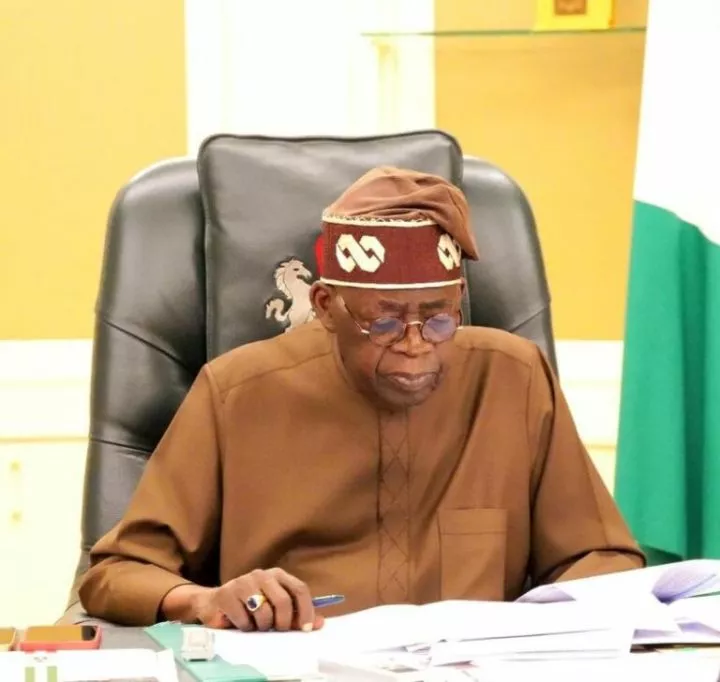
An investigation by The PUNCH using GovSpend, a platform tracking federal expenditures, revealed that between December 2022 and May 2024, the Ministry of Justice allocated ₦1.4 billion to build rehabilitation centres for repentant terrorists and renovate facilities for terrorism-related trials.
On March 27, 2023, ₦612 million was awarded to three companies for these projects under Operation Safe Corridor (OSC). Among the allocations, ₦286.7 million went to El-haby Concept Limited to renovate a facility at Giwa Barracks, while Interprise Limited received ₦21.5 million for consultancy on rehabilitative infrastructure. Fosab Global Energy Service Limited was paid ₦303.7 million as part of the construction of the rehabilitation centre.
In 2024, another ₦179 million was disbursed to three companies for similar initiatives. This included payments to Jayjaysen Integrated Links Ltd for computers and accessories to aid terrorism trials and further allocations to Fosab Global Energy Service Ltd for continued construction efforts.
The NCTC reported significant progress in prosecuting terrorists. During Phase 5 and Phase 6 trials at the Kainji Detention Facility, 325 terrorists were convicted, with penalties ranging from death sentences to prison terms of up to 70 years, depending on the severity of the crimes.
Phase 5 in July 2024 saw 143 cases processed, leading to 125 convictions. Phase 6 handled 237 cases and resulted in 200 convictions. However, the government has yet to announce plans for Phase 7 trials.
The secrecy of the trials has sparked mixed reactions. Security experts and civil society groups have expressed concerns, arguing that such opacity undermines credibility. Lekan Jackson-Ojo, a security expert, criticized the lack of transparency, questioning why these "enemies of humanity" are shielded from public scrutiny. Similarly, Chidi Omeje questioned whether the military might be inadvertently protecting those responsible for attacks on their personnel.
In contrast, another security expert, Kabir Adamu, defended the confidentiality of the trials, citing national security concerns. He commended the administration's prioritization of terrorism-related prosecutions while emphasizing the need for adherence to due process and transparency.
As these efforts continue, stakeholders remain divided on the balance between national security and public accountability in addressing terrorism.

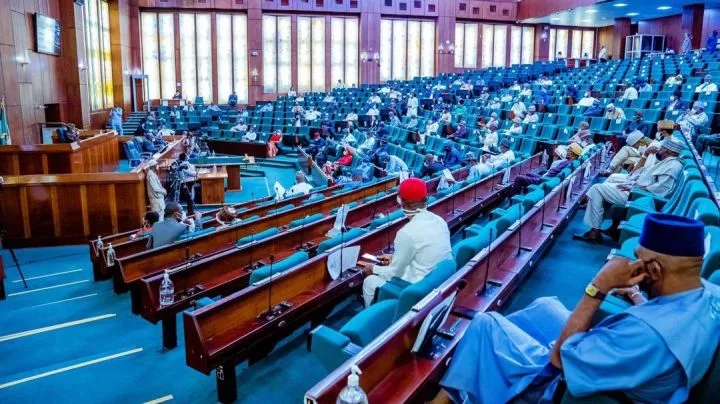
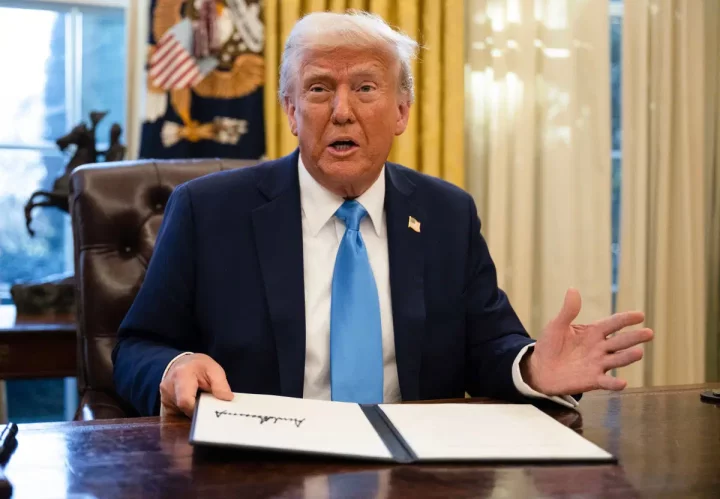
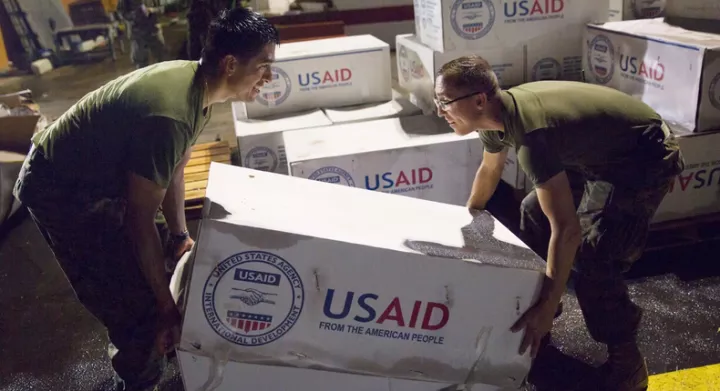
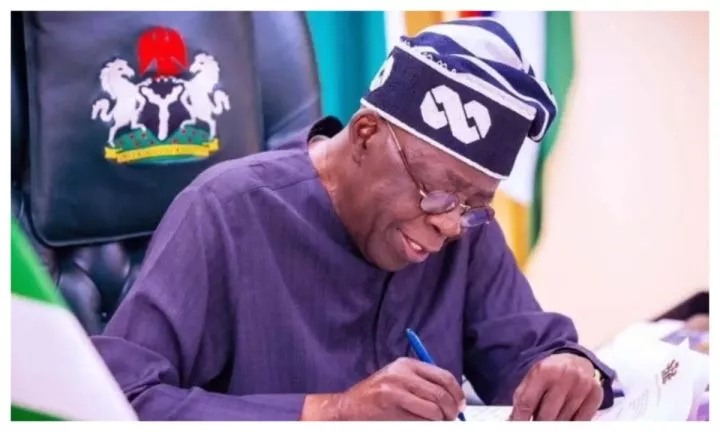
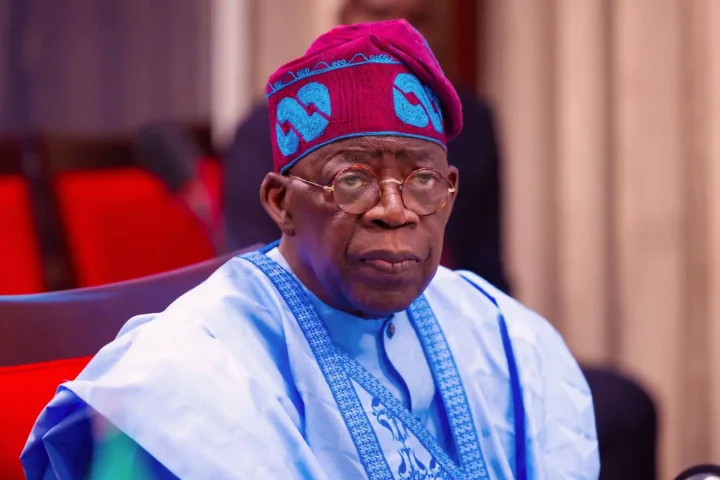
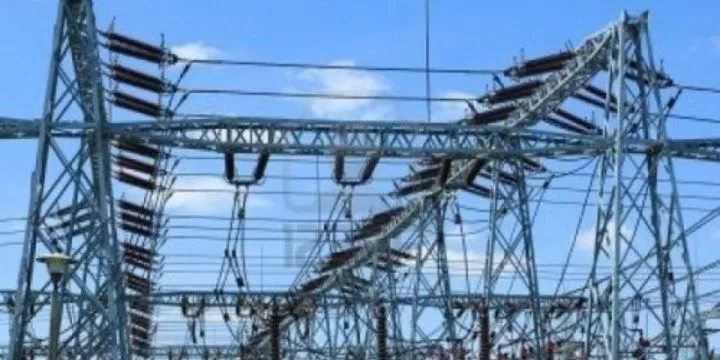



![Man leaves residents impressed as he flies big drone he built [Video] Man leaves residents impressed as he flies big drone he built [Video]](https://static.netnaija.com/i/bvoKdYdk7rx.webp)


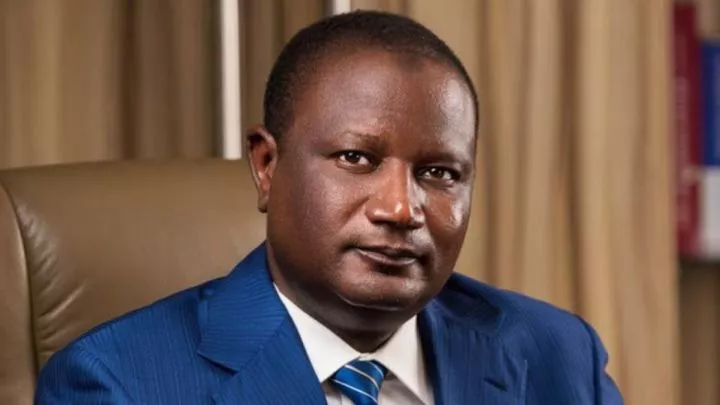



Comments